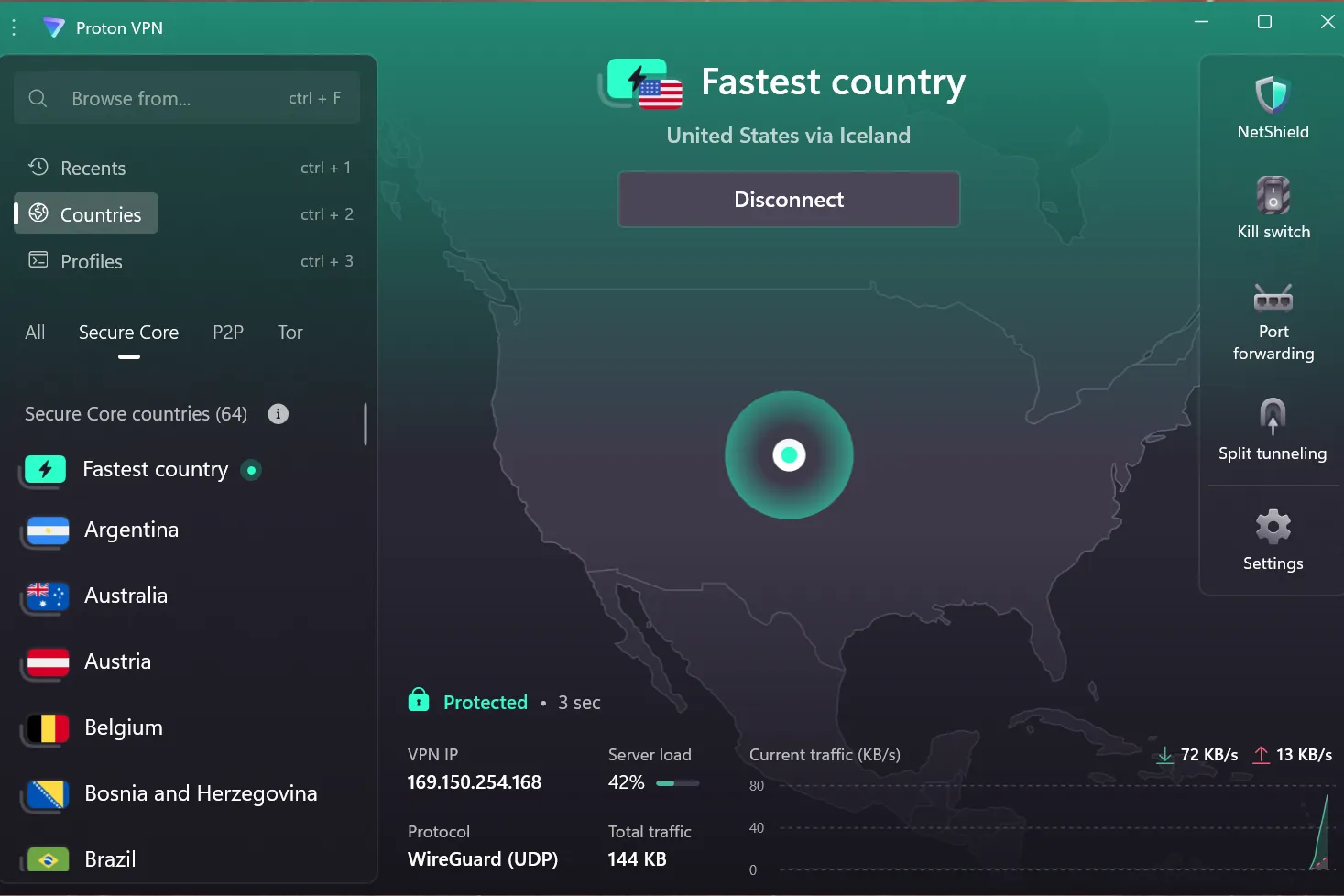All products featured on WIRED are independently selected by our editors. However, we may receive compensation from retailers and/or from purchases of products through these links. Learn more.
Age-verification laws are popping up around the world, and although websites like Pornhub originally caught the limelight, other online platforms are struggling to keep up with compliance.
It’s not just porn, though saying “just” undermines how big a deal adult entertainment access really is. Bluesky shut down service in Mississippi, and Mastodon will likely follow. The video game platform Steam now requires age verification in the UK to view mature games, even with a decades-old account. Discord also requires verification in the UK with a photo, which you can stump by snapping a picture of a video game character.
Unsurprisingly, VPN usage has surged in response. A VPN, or virtual private network, masks your internet traffic and spoofs your location. You probably know about it as a way to bypass region-locked content on streaming platforms like Netflix. You can’t access Bluesky if your internet traffic is coming from Mississippi, but with a VPN, your traffic could be coming from a different state or country.
The Electronic Frontier Foundation (EFF) says VPNs aren’t a solution. They aren’t. Although VPNs provide a fix for circumventing age-verification laws, they aren’t foolproof. I’m going to run down what VPNs can (and can’t) do to mask your online identity, as well as the state of the laws on the books and how they interact with VPN providers.
